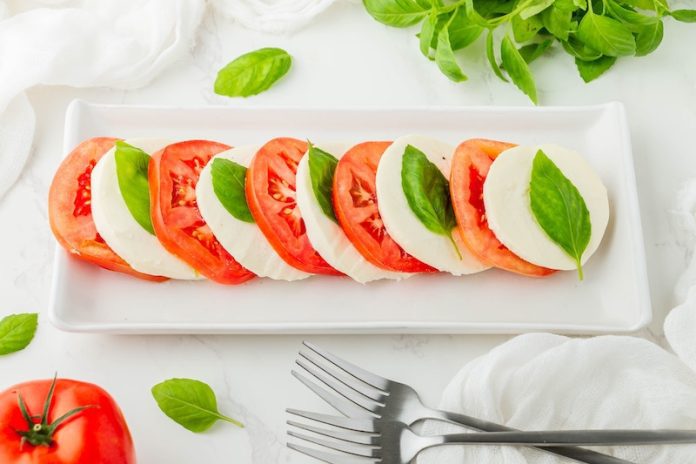
Kidneys are like the body’s cleaning crew.
They filter out waste and extra fluids from our blood.
But sometimes, they can get sick. When this happens, doctors might recommend a special diet. This is called a renal diet.
The Renal Diet: What’s It All About?
A renal diet is made to help the kidneys do their job. It can help control the amount of waste that builds up in your body.
The diet usually involves eating less salt, protein, and certain minerals. But what does science say about this diet? Let’s find out!
Less Salt: Easy on the Kidneys
Salt makes your body hold onto more water. This can make your kidneys work harder. So, eating less salt is often recommended for kidney health.
One study found that cutting down on salt helped patients with kidney disease feel better.
Protein: Finding the Right Balance
Protein is an important nutrient. But when your body uses protein, it creates waste. If your kidneys are not working well, this waste can build up in your blood.
So, some people with kidney disease might need to eat less protein. But it’s important to talk to a doctor or a dietitian before making big changes to your diet.
Phosphorus and Potassium: Less is More
Some minerals can be hard for sick kidneys to filter out. These include phosphorus and potassium. So, a renal diet often involves eating less of these minerals.
Foods high in these minerals include dairy products, beans, nuts, and whole grains.
Fluids: Just Enough
In some cases, people with kidney disease might need to limit their fluid intake. This includes water, soup, and even fruits and vegetables with a lot of water. But again, it’s important to get advice from a health professional.
The Power of Fruits and Veggies
Even though some fruits and veggies are high in potassium, many are still good for your kidneys. They are packed with vitamins and fiber.
Some studies show that a diet rich in fruits and vegetables can help slow down kidney disease.
Watch Out for Processed Foods
Processed foods, like canned or fast foods, often have a lot of salt, phosphorus, and other additives. These can be hard on your kidneys.
One study found that people who ate a lot of processed foods had a higher risk of kidney disease.
Your Food Choices Matter
Remember, every person is unique. What works for one person might not work for another. The best diet for you depends on your body, your lifestyle, and the stage of your kidney disease.
Bottom Line
If you have kidney disease, a renal diet can help you feel better and slow down the disease. But it’s important to get help from a health professional.
They can help you make a plan that is safe and effective. Eating right for your kidneys might take some work, but it’s worth it!
This guide is here to help you understand more about the renal diet. It’s not a replacement for medical advice. Always talk to your doctor or a dietitian before making changes to your diet. Your health is worth it!
If you care about kidney health, please read studies about drug that prevents kidney failure in diabetes, and drinking coffee could help reduce the risk of kidney injury.
For more information about kidney health, please see recent studies about foods that may prevent the recurrence of kidney stones, and common painkillers may harm the heart, kidneys, and more.
Copyright © 2023 Scientific Diet. All rights reserved.





